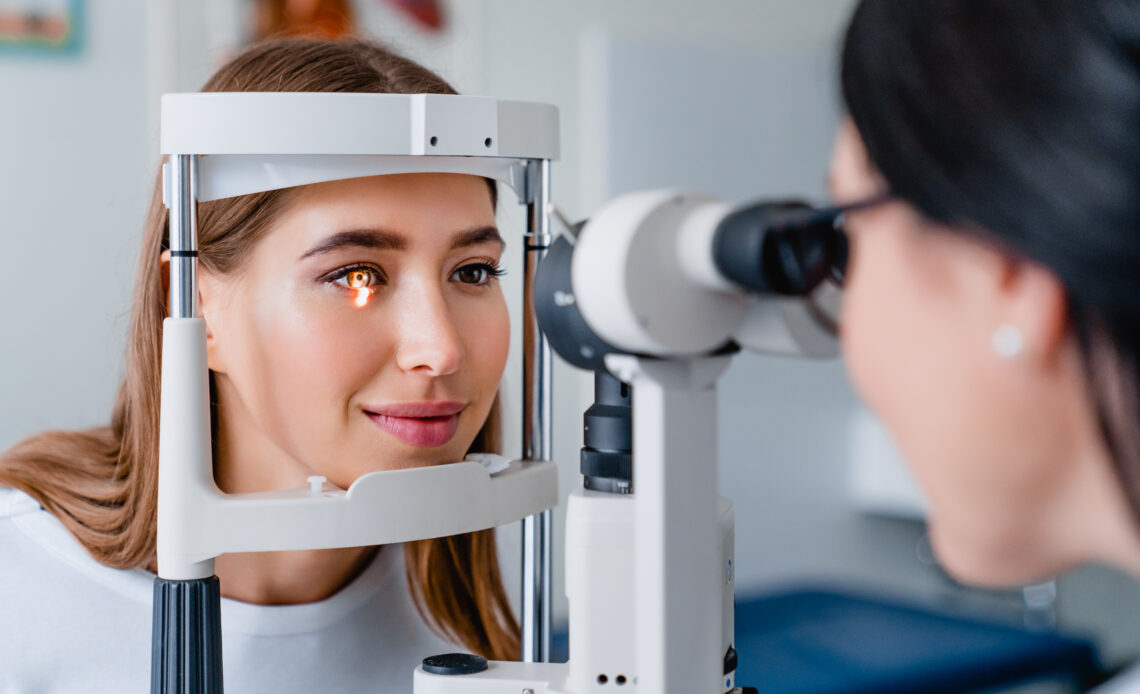With the rising prevalence of vision problems worldwide, prioritizing preventative eye health has never been more crucial. Promoting optimal eye health helps to combat the onset of debilitating eye conditions and maintain satisfactory vision as we age. One resource indispensable to your preventative eye care journey would be eye clinics that specializes in comprehensive eye exams and preventative measures.
In this article, we’ll discuss everything you need to know about eye clinics for preventative eye health. We will explore the critical role they play in detecting potential issues early, provide tips on choosing the right clinic for you or your family, and demonstrate why regular visits to such clinics are a necessary move towards preserving the strength and vitality of your vision. Dive into this eye-opening journey towards a healthier visual future.
Importance of Preventive Eye Care
Ignoring our eye health can lead to serious, sometimes irreversible, vision problems—many of which can be prevented with regular check-ups and early detection. Ensuring the health of our eyes through preventative measures can help detect issues such as glaucoma, cataracts, and macular degeneration at their early stages, potentially halting or slowing the progression of these diseases.
Moreover, an eye examination can also reveal signs of systemic diseases like diabetes, hypertension, and many more. This being said, preventative eye care is essential not just for maintaining good vision, but also for safeguarding our general health and well-being.
Types of Eye Clinics
Eye clinics play a vital role in the community as the primary setting for preventive eye care. They are specialized health facilities geared towards providing comprehensive eye care services, including routine comprehensive eye exams, diagnosis of various eye disorders, and the provision of treatment plans. Equipped with advanced technology and expert ophthalmologists, eye clinics strive to deliver the highest quality of care, ensuring that patients’ vision remains at its peak.
Eye clinics can be specialized in various aspects of eye care, including general optometry, ophthalmology, and opticianry. Each has a distinct role in maintaining eye health:
Optometrists
Optometrists are healthcare professionals trained to detect, diagnose, and manage eye diseases. They offer comprehensive eye exams, issue prescriptions for eyeglasses and contact lenses, and provide treatment for conditions such as dry eye syndrome and certain vision disorders.
Optometrists’ clinics serve as the frontline in preventive eye care — they are often the first to identify early signs of serious eye conditions and systemic diseases manifesting in the eye. These clinics’ frequent liaison with ophthalmologists and other health care providers also ensures that patients receive comprehensive management and care for their ocular health needs.
Ophthalmologists
Unlike optometrists, ophthalmologists are medical doctors specializing in eye and vision care, which includes conducting eye surgeries. Beyond routine eye examinations, these clinics provide comprehensive eye care services — ranging from medical treatment to complex microsurgery. Ophthalmologists diagnose and treat all eye diseases, prescribe eyeglasses and contacts, but also manage serious eye conditions such as glaucoma, macular degeneration, and conduct cataract or refractive surgeries.
Opticians
While opticians are not eye doctors, they play a significant role in the spectrum of eye care. Their expertise lies in interpreting and filling prescriptions for eyeglasses and contact lenses authored by optometrists or ophthalmologists. They help in fitting and adjusting eyewear according to patients’ needs, ensuring comfort while enhancing visual accuracy. Also, optician clinics often house a wide variety of frames and lenses, providing customers with choice and guidance for their perfect pair of glasses or contact lenses.
While they may not provide comprehensive eye exams or treat eye conditions, their services are key in facilitating a complete circle of eye care.
Regular Eye Exams
Regular eye exams are a fundamental aspect of preventive eye health. These comprehensive checks are about more than just updating your glasses or contact lens prescription; they also involve a thorough assessment of your complete eye health. During an eye exam, optometrists or ophthalmologists use specialized equipment to evaluate your visual acuity, test your peripheral vision, and examine your eye’s interior structures. Regular eye exams can uncover early signs of eye diseases, many of which show no symptoms in their early stages.
Additionally, they can reveal indications of overall health issues like high blood pressure and diabetes. Eye care professionals generally recommend scheduling an eye exam at least once every two years, but it could be more frequent, depending on your age, risk factors, and whether you currently wear glasses or contact lenses.
Early Detection and Treatment
Many significant eye diseases such as glaucoma, cataracts, or macular degeneration present minimal to no symptoms in the early stages, making them almost impossible for individuals to detect without a comprehensive eye exam. Therefore, catching these conditions early can drastically alter their course, often slowing or even halting their progression.
Furthermore, interventions such as corrective eyewear, medication, or surgery can be more effective if implemented as early as possible. Timely discovery and treatment not only reduce the risk of severe vision loss, but they’re also cost-effective, as they minimize the requirement for more complex, expensive treatments or aids in later stages.
Key Takeaway
Eye clinics play an indispensable role in the promotion and maintenance of preventive eye health. Whether it’s an optometrist’s office providing comprehensive eye exams, an ophthalmologist’s clinic managing complex eye conditions and performing surgeries, or an optician’s center ensuring your eyewear is the perfect match for your eyes. Understanding the specific offerings of each eye clinic type aids us in making informed decisions about where to seek particular services. Equally vital is the commitment to regular eye exams for early detection and treatment of potential issues, safeguarding us from the devastating effects of untreated eye diseases.
As we continue to prioritize our visual health, remember that these specialized eye clinics are your partners in preserving and enhancing your precious gift of sight.



